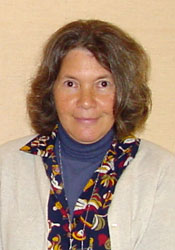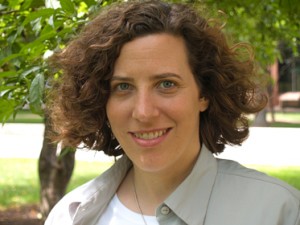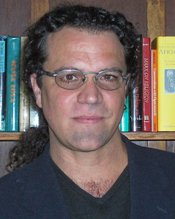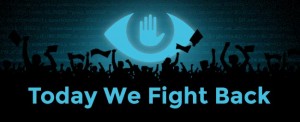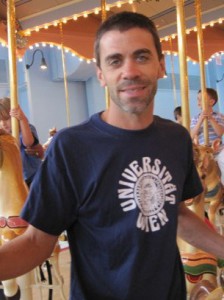[ensemblevideo contentid=DVy75_6cYkKYFXU4eoM3mg audio=true showcaptions=true displayAnnotations=true displayattachments=true audioPreviewImage=true]
Do a search for spirituality in Google’s NGRAM Viewer, an online tool that graphs the incidence of words from the Google Book corpus, and you will find that in and around 1980 this word spiked. The rise is more or less consistent with the increasing appearance of the word spirituality in book and journal titles (pre-1980 books / post-1980 books; pre-1980 journals / post-1980 journals) in Temple University’s collection. The pattern appears in both popular and scholarly publications. About this time the category of “spiritual but not religious” became familiar to pollsters of religious attitudes and trends. What explains this sudden emergence of spirituality? Did anything really emerge, or was this just a definitional shift? Was spirituality colonizing new territory? Or is spirituality a “glow” word that makes everyone feel good but signifies, well, very little?
In her new book, The Ecology of Spirituality: Meanings, Virtues, and Practices in a Post-Religious Age, Lucy Bregman investigates this phenomenon. She looks at the broad changes in religion and intellectual culture that preceeded the blossoming (or metastasizing) of spirituality, and then describes spirituality’s career over the past three decades. I interviewed Lucy Bregman on July 3, 2014.
[This is the second interview I have done with Lucy Bregman. Listen to our discussion on her previous book: Preaching Death.]
Audio Embed Code

